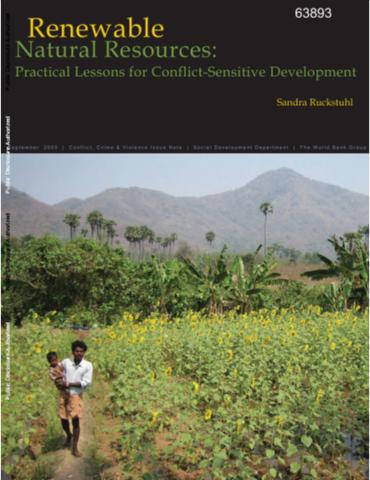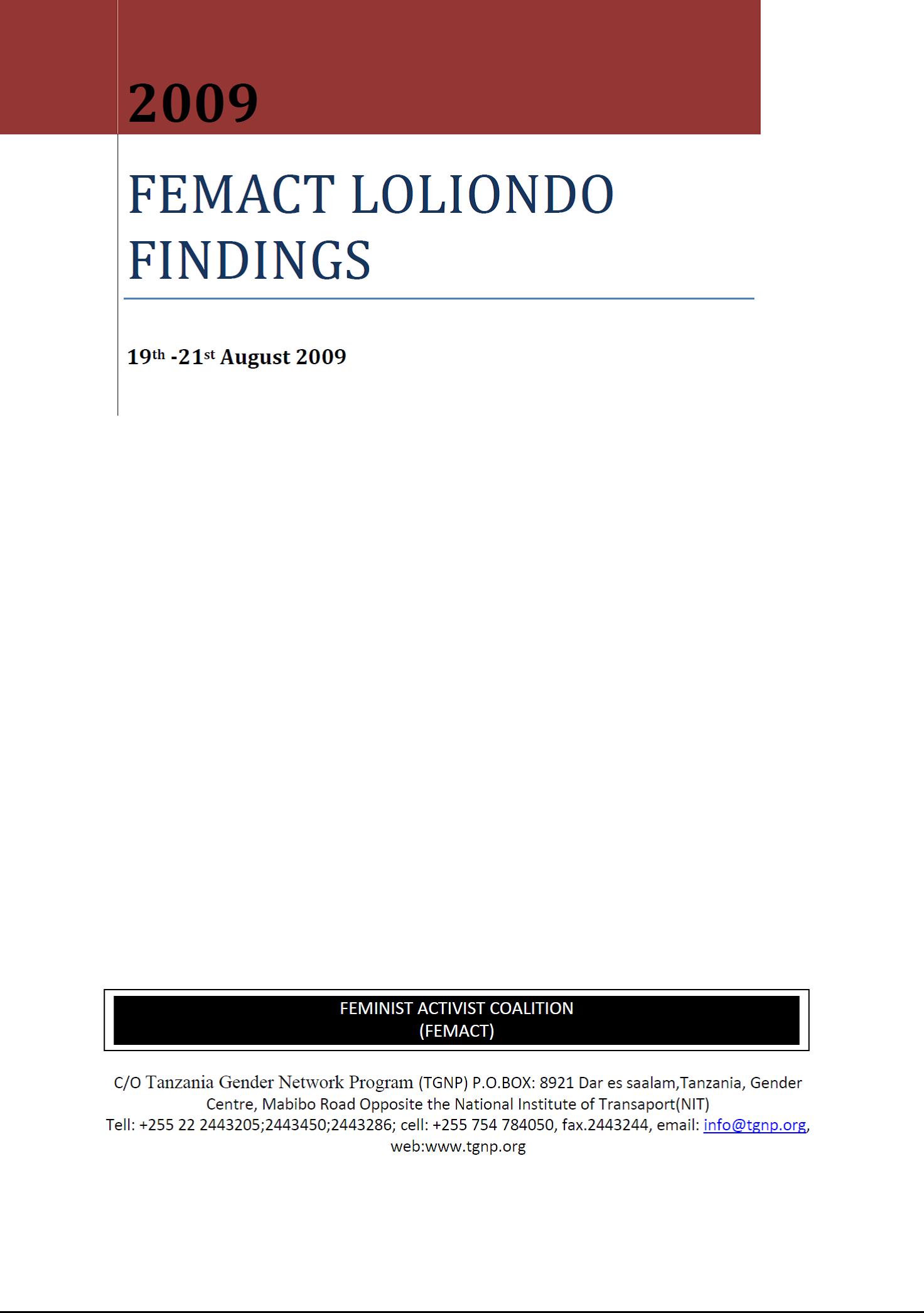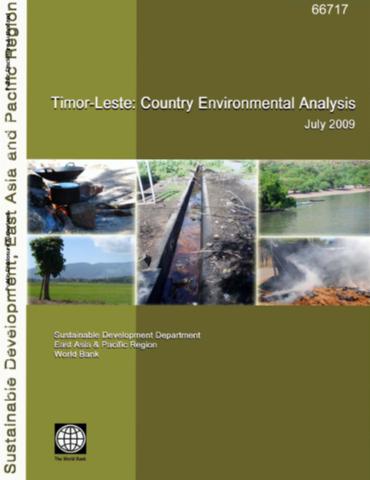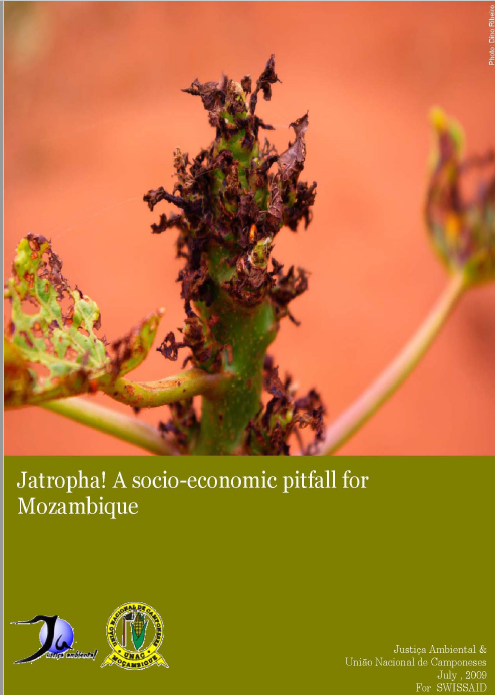Renewable Natural Resources
This paper explores how a 'conflict and violence sensitive' framework in project assessment, design and implementation facilitates early identification and mitigation of negative consequences of competition and dispute, and promotes sustainable development over the longer term. It discusses the role of renewable resources in perpetuating conflict and violence, and distills lessons from selected development programming experiences in managing conflict risks associated with these dynamics.








